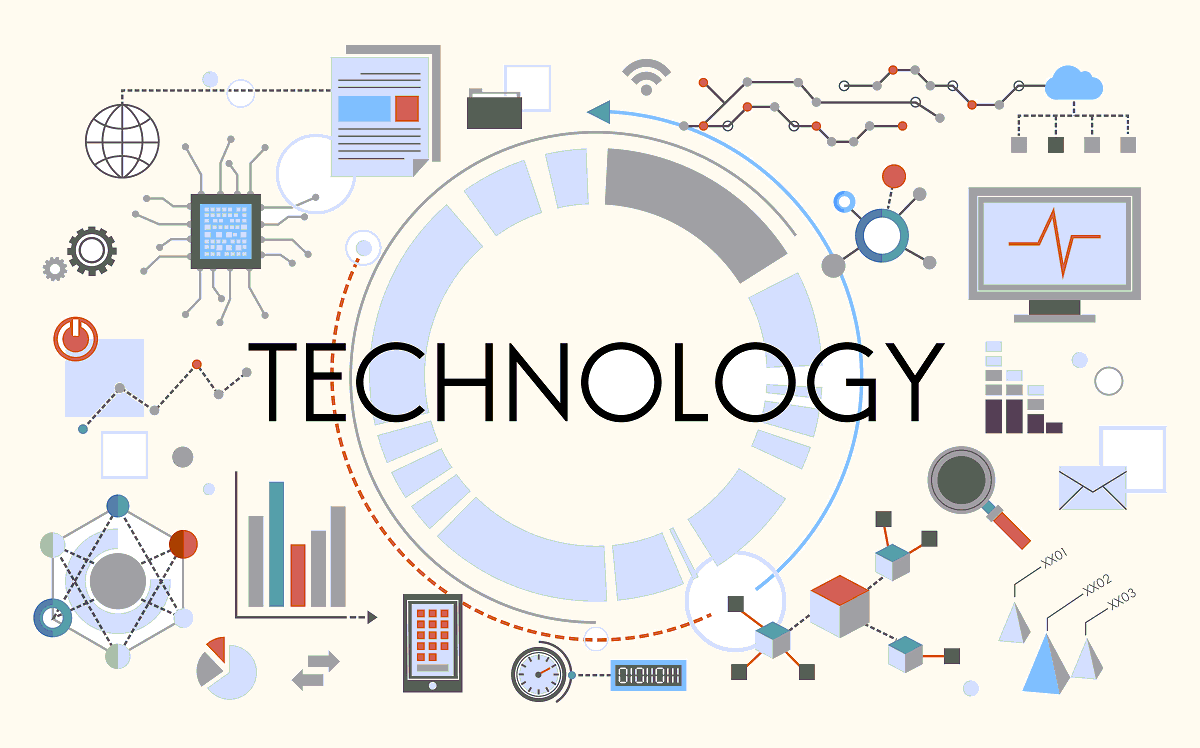
Technology has revolutionized the way we live and work. With advancements in information and communication technology (ICT), the modern workplace has undergone significant changes in recent years. From automation and digitalization to new tools and innovations, technology has had a profound impact on the way we do our jobs and interact with our colleagues. In this article, we will take an in-depth look at the role of technology in the workplace and explore its impact on productivity, communication, collaboration, and job design.
Advancements in Technology
The rise of technology has been rapid and constant in recent years. With advancements in ICT, the use of technology in the workplace has increased dramatically. From cloud-based software and mobile devices to artificial intelligence (AI) and machine learning, the tools and technologies available to us are constantly evolving.
Productivity and Technology
One of the most significant impacts of technology in the workplace has been on productivity. A report by the World Economic Forum found that the use of technology in the workplace has increased productivity by up to 40% in some industries. This is due in large part to the automation and digitalization of many tasks and processes, which has freed up employees to focus on more strategic and value-added work.
For example, automation has streamlined repetitive and time-consuming tasks, such as data entry and record-keeping. Digitalization has also made it easier to access and share information, leading to more efficient collaboration and decision-making.
However, while technology has had a positive impact on productivity, it has also created new challenges. The constant barrage of emails, notifications, and distractions from digital devices can be overwhelming, leading to decreased focus and productivity. It is essential to strike a balance between the use of technology and the need for human interaction and face-to-face communication.
Impact on Job Design
The implementation of technology in the workplace has also had an impact on job design. A study by the National Bureau of Economic Research found that the implementation of computerization in the workplace led to a decline in low-skill jobs and an increase in high-skill jobs. This shift has resulted in a need for employees to have a different set of skills, such as the ability to work with technology and the ability to analyze and interpret data.
Additionally, technology has enabled remote work, providing employees with the flexibility to work from anywhere with an internet connection. This has also led to the rise of the gig economy, where individuals work on a project-by-project basis, rather than as a full-time employee.
Communication and Collaboration
Technology has also transformed the way we communicate and collaborate in the workplace. From instant messaging and video conferencing to cloud-based project management tools, the options for staying connected and working together are endless.
However, while technology has made it easier to communicate and collaborate, it has also led to the breakdown of traditional face-to-face communication and the creation of new communication barriers. The overreliance on digital devices and the constant availability of technology has also led to a blurring of the line between work and personal life, making it difficult to switch off and recharge.
Future of Work and Technology
The future of work and the role of technology in shaping it are subject to much debate and speculation. Some experts predict that technology will continue to automate many tasks and processes, leading to a decrease in the need for human labor. Others believe that technology will create new jobs and opportunities, as long as we are willing to embrace change and adapt to new ways of working.
As technology continues to evolve, it is essential to consider the impact it will have on the workplace and the future of work. As a renowned technology expert, Tim O'Reilly once said, "Technology has the potential to revolutionize the way we work and live, but it is up to us to ensure that it is used for the betterment of society."
It is true that technology has the power to positively impact the workplace, but it is also important to recognize the potential drawbacks and challenges it can bring. For example, the increased automation and digitization of certain jobs may lead to job loss, requiring employees to reskill and adapt to new technologies. Additionally, the increasing use of technology in the workplace may also raise concerns around privacy and cybersecurity.
Conclusion
In conclusion, technology is playing an increasingly important role in the workplace and will continue to shape the future of work. It is essential for businesses and organizations to understand the impact of technology and make informed decisions about its use. This requires a balanced approach that considers both the benefits and challenges it presents, and a commitment to using technology for the betterment of society.
As technology continues to evolve, it is important for organizations to stay ahead of the curve and embrace new technologies and tools that can drive innovation and increase productivity. Whether it is through investing in digital transformation initiatives, automating processes, or implementing information and communication technology (ICT) solutions, organizations that embrace technology will be well-positioned to succeed in the modern workplace.
Information Technology





